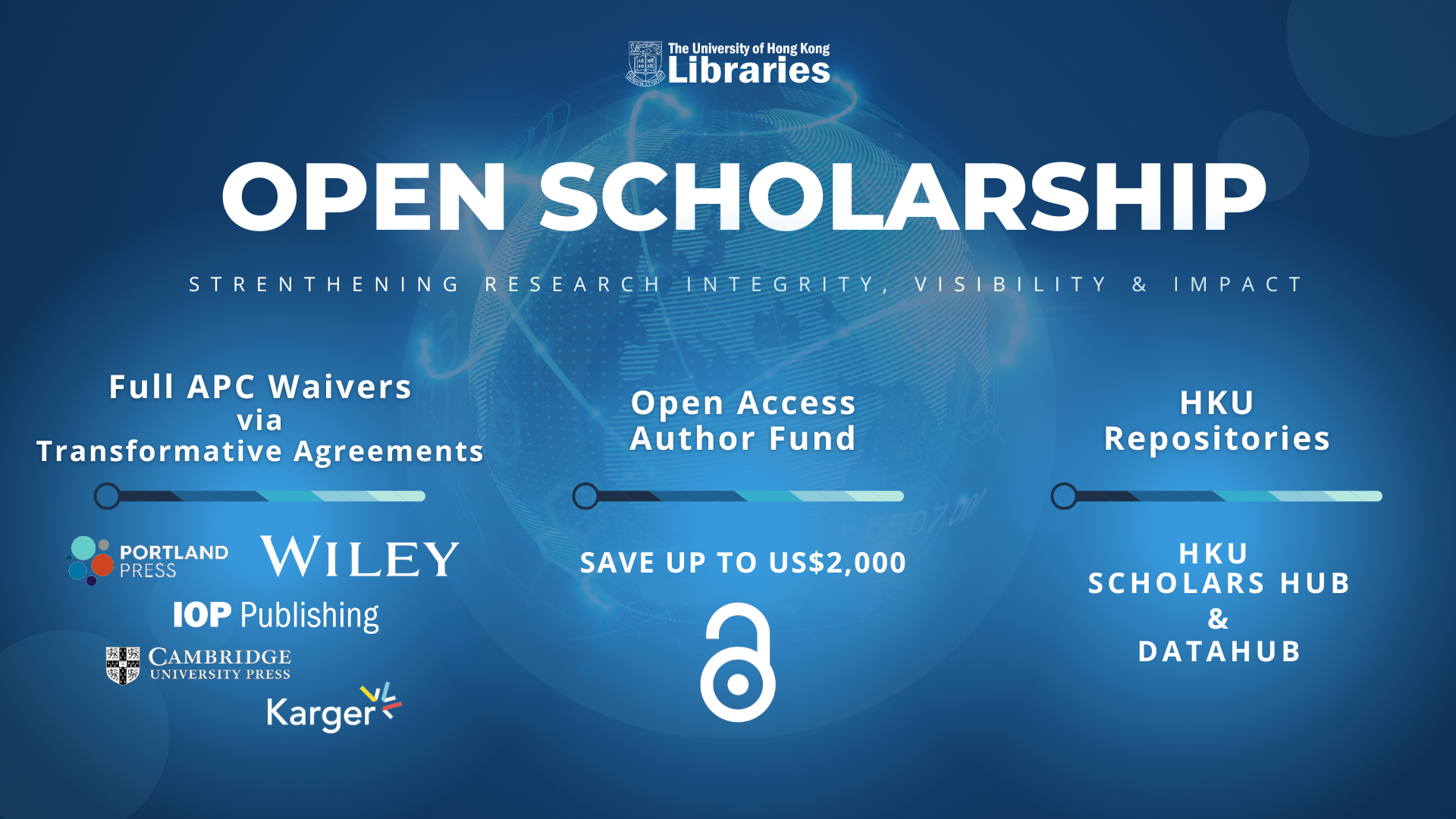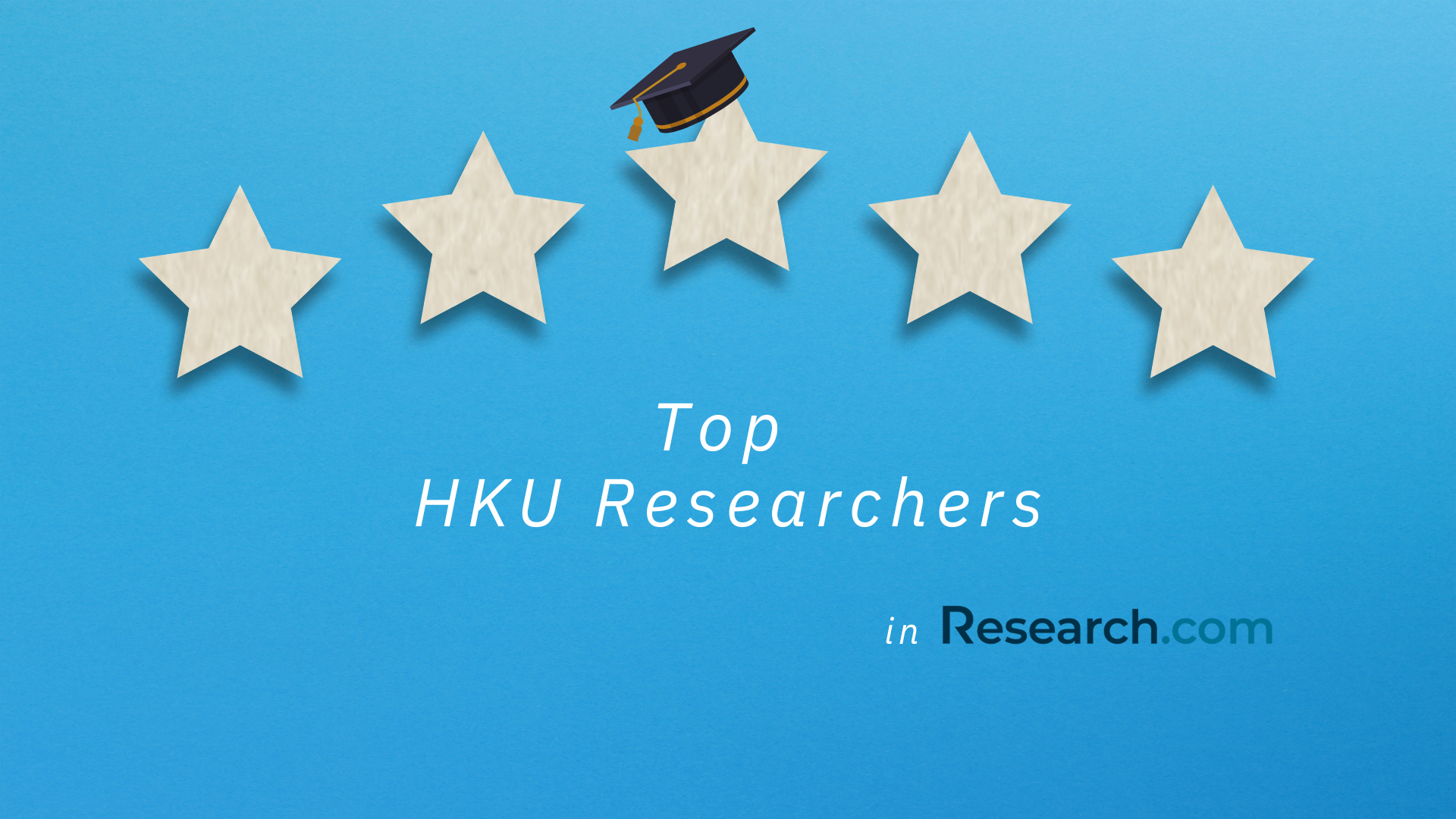Tag: HKU publications

Unmasking and Combating Publishing Malpractices 1: Paper Mills
— by Fanny Liu Academics are faced with a pressure to consistently and frequently publish research to sustain or advance their careers, which incentivizes quantity over quality. This “publish-or-perish” mentality has brought potential negative impacts to scholarly research, for example unethical publishing behaviour compromising scientific integrity. Misconduct in science is “fabrication, falsification, or plagiarism in…
Read More
A Comparative Approach to Explore HKU Publication Trends Using Data from OpenAlex and Peer Databases
— by Vivian Qiu, Florence Ng The accelerating adoption of open science practices has driven the emergence of digital tools or platforms that enable openness in research. These tools greatly enhanced the accessibility and transparency of scholarly publications and relevant data. In our previous blog post released in 2022, we introduced OpenAlex, an open catalog…
Read More
Top HKU Researchers in Research.com Rankings 2024
— by Yijing He, Zesen Gao, Florence Ng The University of Hong Kong (HKU) takes pride in its distinguished scholars and researchers who excel across various fields of expertise. In our previous blog post, we reported a brief analysis on how HKU researchers were named in 2022 on an educational platform Research.com. This year, Research.com…
Read More
An Impactful Initiative: A Summary of HKU Libraries Open Access Author Fund in 2022/23
— by Fanny Liu The HKU Libraries Open Access Author Fund, a key initiative of the Libraries to support open access by HKU researchers, has been run for the first financial year. Join us in celebrating success with a few outcome snapshots. Applications In the financial year 2022/23, the Fund supported 84 journal articles authored…
Read More
A Step Forward Towards Open Access: The RGC Publication Gateway
— by Florence Ng The concept of Open Access (OA) in scholarly research community seeks collaborative efforts from different stakeholders to grant free and open online access permanently to academic information, such as journal article publication and research data, etc. As a major academic research funder in Hong Kong, the Research Grants Council (RGC) revealed…
Read More
A Review of HKU’s Research Contributions to the Sustainable Development Goals (SDGs)
— by Stella Chow Introduction The QS World University Ranking evaluates universities’ contributions to global sustainability by incorporating the United Nations’ Sustainable Development Goals (SDGs) into its methodology. QS uses a set of indicators, such as research output, academic reputation, and impact, to assess universities’ performance in each SDG, which are then combined to give…
Read More
HKU Libraries Supports Open Scholarship
— by Florence Ng HKU Libraries commits to promoting Open Scholarship, which includes enabling open access (OA) to research publications, research datasets, metadata, along with research workflows and other types of outputs. We believe Open Scholarship principles can strengthen research integrity, increase visibility, and enhance the impact of the University. Let’s have a look on…
Read More
Top 2% Scientist by Stanford University
— by Florence Ng Stanford University has released a publicly available database of top-cited scientists, the World’s Top 2% Scientists for 2022. The ranking list is created based on the bibliometric information retrieved from Scopus as of 1 September 2022, with the data updated to the end of citation year 2021. The datasets are freely…
Read More
Top HKU Researchers: the Research.com Rankings
— by Florence Ng The University of Hong Kong (HKU) has a highly talented pool of scholars and researchers in a wide range of expertise. Our researchers have built impressive profiles with their innovative, high-impact and leading-edge research, and at the same time, made efforts in transforming their intellectual output into values and benefits to…
Read More
Ways to boost your citations – Data Sharing
— by Florence Ng Data sharing is getting support from the academic communities as favourable practice in scholarly publishing. It can enable researchers to replicate findings, build on others’ expertise, and reuse existing data for making new discoveries (Gilmore et al., 2018). While it brings key benefits to scientific progress and the whole research community,…
Read More